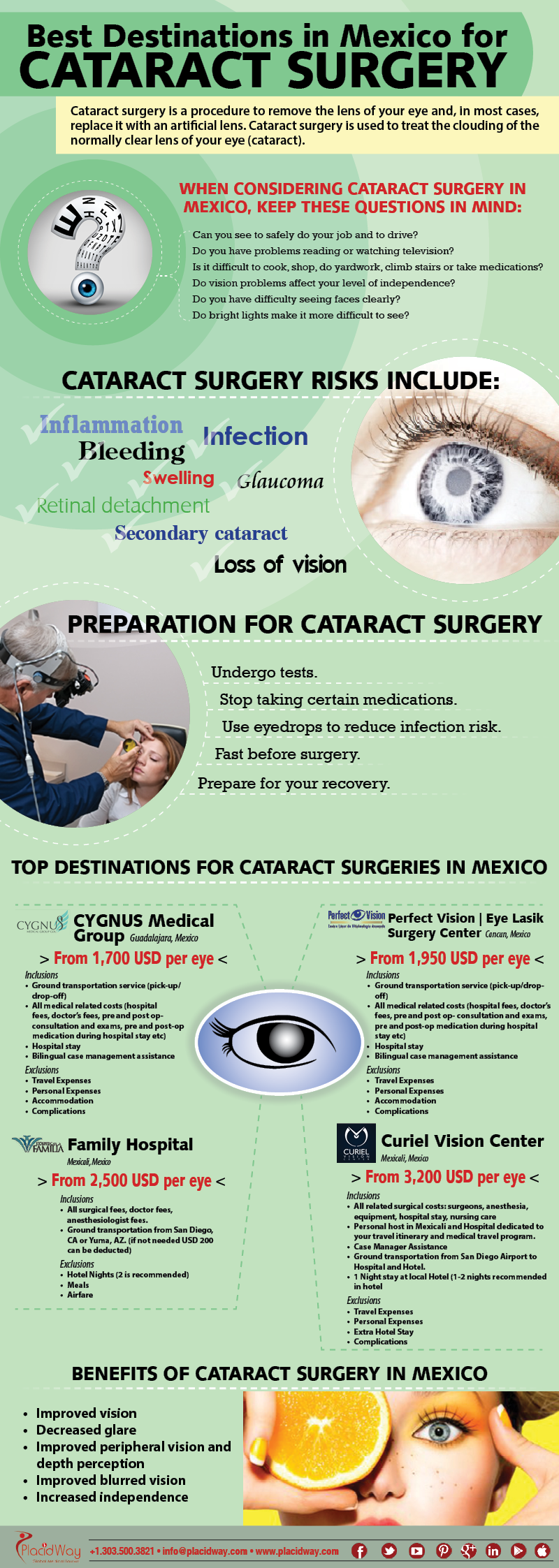The Extensive FAQ On Refractive Lens Exchange: Every Little Thing You Need To Hear From About
The Extensive FAQ On Refractive Lens Exchange: Every Little Thing You Need To Hear From About
Blog Article
Published By- PRK Vs Lasek Portland Or
If you're considering refractive lens exchange, you probably have a great deal of questions. This procedure might alter exactly how you see the globe, supplying benefits like decreased dependancy on glasses. Nonetheless, it's essential to understand the procedure, dangers, and that qualifies as an excellent prospect. Let's discover these crucial facets so you can make an enlightened decision concerning whether RLE is right for you.
What Is Refractive Lens Exchange and How Does It Work?
Refractive lens exchange (RLE) is a surgery developed to change your eye's all-natural lens with a fabricated one, fixing vision problems like nearsightedness, farsightedness, or presbyopia.
During the procedure, your specialist makes a tiny cut in the eye, eliminates your natural lens, and inserts an intraocular lens (IOL) customized to your vision needs. This outpatient surgical treatment usually takes around 15 to 30 minutes per eye and is carried out under neighborhood anesthetic.
You'll likely notice renovations in your vision practically quickly, though full recovery may take a couple of weeks. RLE is especially helpful for those over 40 or with high prescriptions, offering a resilient option contrasted to glasses or call lenses.
Your eye treatment expert can assist determine if RLE is right for you.
What Are the Benefits and Dangers of Refractive Lens Exchange?
Choosing refractive lens exchange can result in considerable renovations in your vision, but it is essential to weigh both the benefits and dangers before deciding.
On the bonus side, this procedure can improve your vision by correcting problems like presbyopia, myopia, and hyperopia. Several people enjoy reduced dependence on glasses or contact lenses, which can considerably improve their lifestyle.
However, https://www.ctvnews.ca/health/lasik-md-patients-allege-nerve-damage-file-class-action-lawsuit-1.4697069 to consider prospective risks. hop over to this site can consist of infection, glow, or halos around lights.
There's additionally a possibility of overcorrection or undercorrection, which may call for added treatments.
That Is an Ideal Candidate for Refractive Lens Exchange?
If you're taking into consideration refractive lens exchange, it's important to know whether you fit the account of a perfect prospect. Typically, you may be a good prospect if you more than 40, experience presbyopia, or have high degrees of nearsightedness or farsightedness.
It's likewise critical that your vision is stable, indicating your prescription hasn't changed considerably in the past year. If you have cataracts or other eye problems, you could take advantage of this procedure also.
Nonetheless, particular variables, like unrestrained diabetes or autoimmune conditions, can disqualify you. To identify your candidateship, talk to an eye treatment expert that can examine your certain scenario and recommend the best course of action tailored to your demands.
Verdict
Finally, refractive lens exchange can be a transformative option for improving your vision, especially if you more than 40 or have a high prescription. While the benefits are substantial, it's important to consider the dangers and speak with your eye care specialist to determine if you're a perfect candidate. With the best details and guidance, you can make an educated choice and possibly take pleasure in a life with lowered reliance on glasses.
